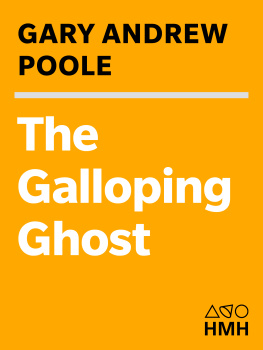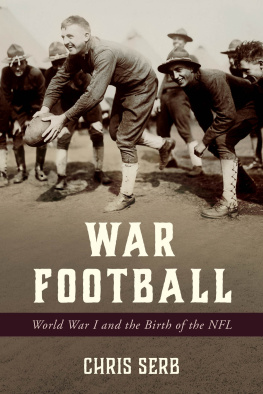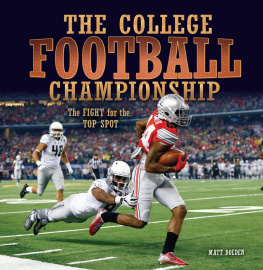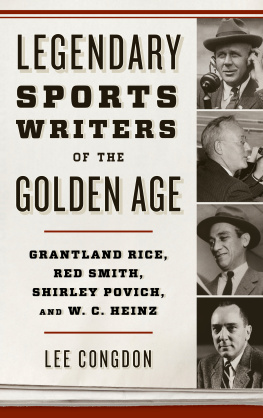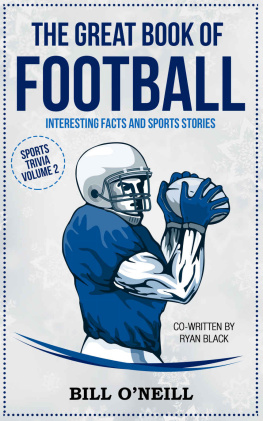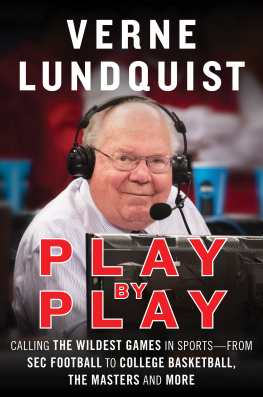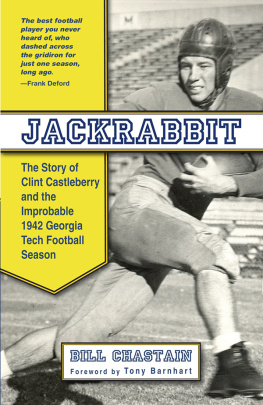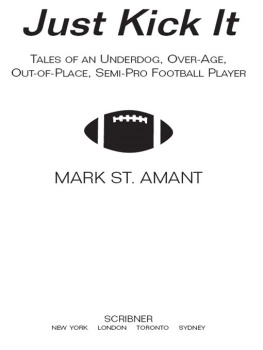Copyright 2008 by Gary Andrew Poole
ALL RIGHTS RESERVED
For information about permission to reproduce selections from this book, write to Permissions, Houghton Mifflin Harcourt Publishing Company, 215 Park Avenue South, New York, New York 10003.
www.hmhco.com
The Library of Congress has cataloged the print edition as follows:
Poole, Gary Andrew.
The Galloping Ghost : Red Grange, an American
football legend / Gary Andrew Poole.
p. cm.
Includes bibliographical references and index.
ISBN 978-0-618-69163-0
1. Grange, Red, 19031991. 2. Football players
United StatesBiography. I. Title.
GV 939. G 7 P 66 2008
796.332 092dc22
[b] 2008014751
Illustrations by Michael Prendergast
e ISBN 978-0-547-52351-4
v1.1014
This book is for
Leslie, Rose, and Joe
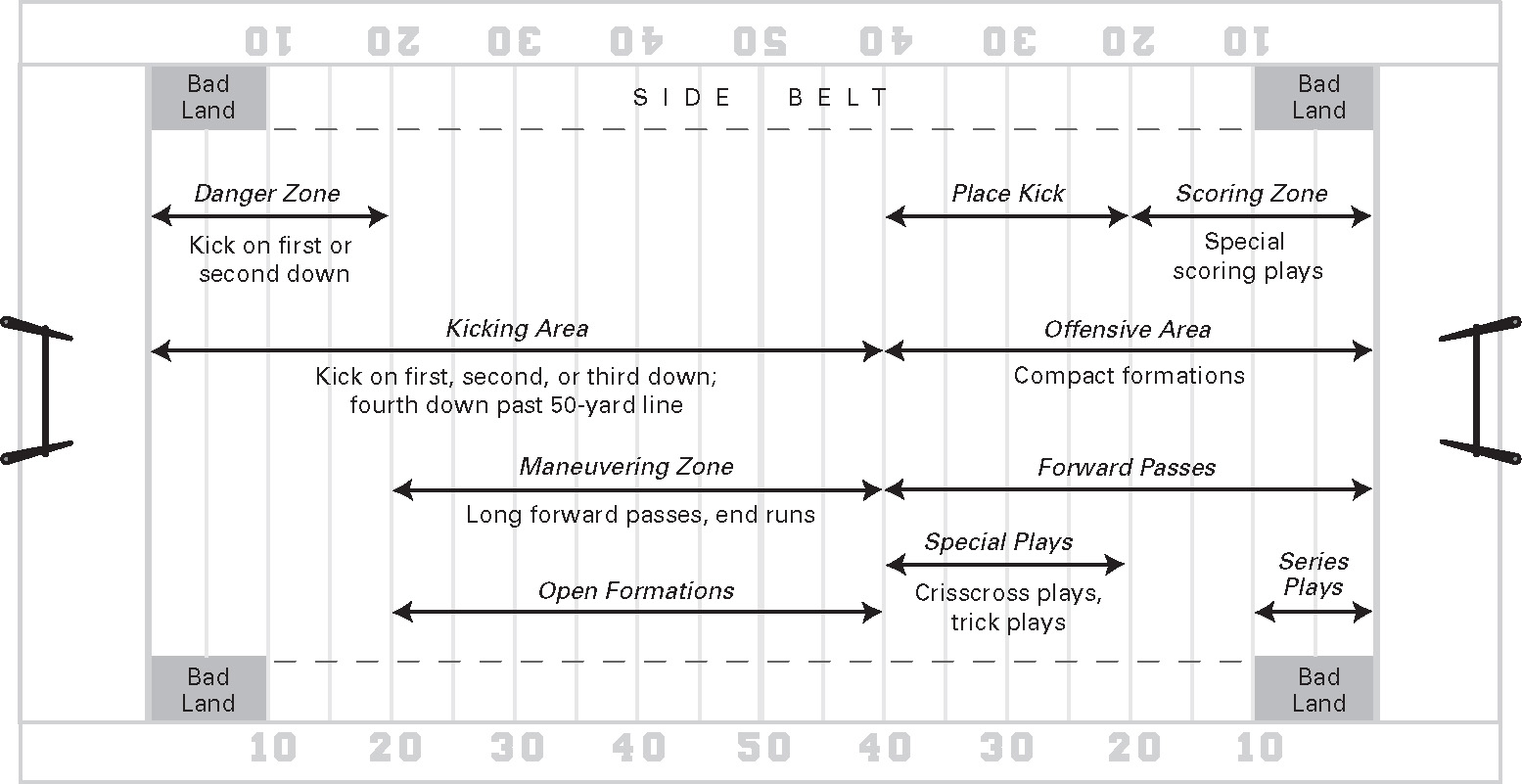
AUTHORS NOTE
R ED GRANGE PLAYED way before my time, but his ghost always hovered above the American sporting landscape. Now there was a great player, the geriatric fans would remind us. Most of those old-timers never saw him play, but to them he was, and is, the football version of Babe Ruth. Every ten years since 1924 American football fans would celebrate the anniversary of the game that made Grange famous, and Red would repeat, verbatim, the clichs. With his side-mouthed delivery, Red told the tales with a slight grin, not exposing his two false front teethin his day, lips were the only mouthpieces. The sportswriters would visit his house from time to time, and Red would walk outside and greet them in the driveway (Park next to the Buick!) and then invite them into his living room for a chat and some of Muggss burned-nearly-to-a-crisp roast. The writers would nod respectfully at this grandfatherly man (who was supposedly childless), transcribe his words, and keep the legend alive: the greatest college player ever... the man who popularized professional football... They had never met a human, athlete or no, with such humility. They built me up way too much, he would say, referring to the writers and public who idolized him. That was Granges greatest legacy. He never believed in his own greatness. He lived the ideals of football: sacrifice for the team.
Later in life Grange didnt get out much because he loathed traveling, but he was coaxed away from his Florida tract home and beloved dachshunds to toss the coin at Super Bowl XII. Always a snappy dresser, he wore a burgundy coat and a wide tie as he walked briskly, Miss America on his right arm, to midfield. This was a few years before the Parkinsons really hit, before he started getting really tremorish. It was on January 15, 1978, in New Orleans, and Pat Summerall had the call. Ladies and gentlemen, we direct your attention to the center of the field where one of professional footballs immortals... Red Grange of the Chicago Bears, will toss the coin... The invisible crowd, lost in the Superdomes dark vacuum of artificiality, nodded and clapped politely. The Broncos and Cowboys captains recognized him; Grange, used to being a player, just looked confused, not knowing where to stand. (Its tough to toss the coin when Miss America is looking at you, he quipped.)
The thing about Grange was that only a handful of Americans had seen his electrifying runs or any real evidence of his greatness. And if they had seen it, it was in film footage that was so rare and damaged by nitrocellulose decomposition that it proved nothing. But the legend persisted through the century. Mention Red Grange to just about anyone with an interest in football, meaning just about everyone, and the reply would be reverent: the Galloping Ghost... It was a pitch-perfect nickname, conjuring an image that fit the man, on and off the field. When Red went into the Lake Wales Hospital Extended Care Facility in 1991, the columnists started the buzzard circle and the old yarns were repeatedand repeatedsome more, like a last bit of CPR. Dempsey and Jones were dead. Ruth was long gone. They had all been friends, and back in the twenties their names had been splashed alongside each others on the sports pages. Grange was the last star of the Golden Age of Sports, and its most mysterious.
But the fading war stories never satisfied, never answered the question of how Red Grange came to forever popularize football, and define manhood, for a generation and beyond. To understand the man and the game he played, I have searched America for Granges ghost. Regrettably, I never met Red Grange, butthrough newspapers, letters, oral histories, interviews, radio broadcasts, court documents... the forensics of biographyI have reconstructed his days of fame. I did not experience Granges athletic brilliance firsthand, but I visited and retraced his steps in the stadiums where he ran so elegantly, and I traveled to Wheaton, Chicago, New York, Los Angeles, Florida, and to Forksville, Pennsylvania, in dead winter.
Gary Andrew Poole, 2008
FOREWORD
All-American
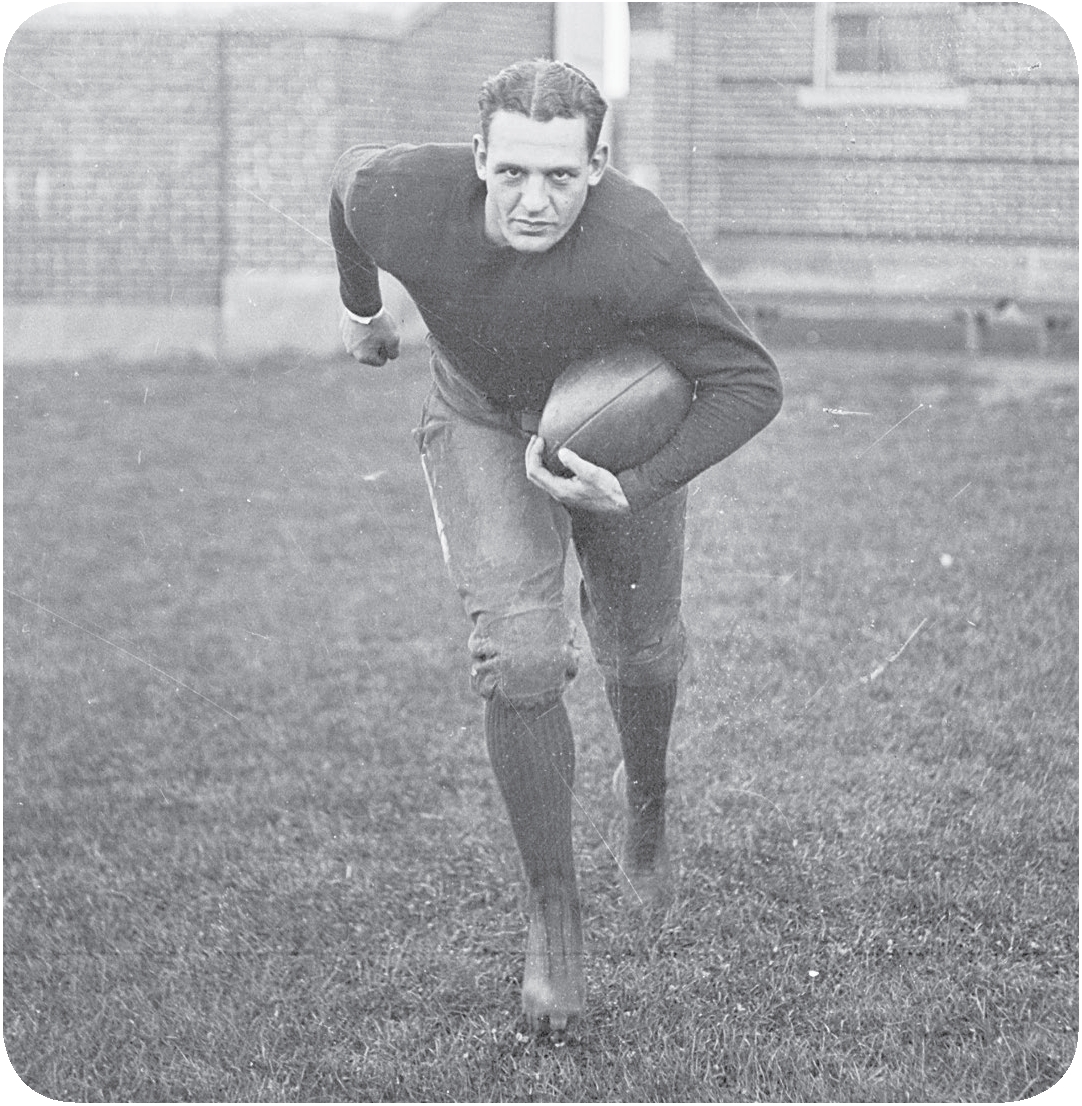
RED GRANGE
CHICAGO HISTORY MUSEUM

E VERY AUTUMN WEEKEND tens of millions of Americans watch college and pro football, making the game our national communion. For the players, the energy of the crowds and the thrill of making decisions on the fly, of testing ones mettle, and of living by the code of football are things that dont exist anywhere else in life. Teddy Roosevelt loved the game, believing the rough, manly sport created a better nation, but forewarned that the game should not degenerate into the sole end of ones existence. That is difficult to avoid. There is nothing like being on the field, but there is something more to it, even spiritual, about the camaraderie of being around teammates, of working together to produce greatness and beauty.
If you were to draw a line through the mud of American history and find one man who could be considered the founding father of our football culture, it would be Red Grange. The football nation owes a debt to the man known as the Galloping Ghost, whose brilliance, courage, and humility created, and gave meaning to, the game loved today.
Grange was something untouchable, a gliding, effortless machine, desperate men falling beneath him, trampled by his wooden-cleated boots, nose cartilage broken by his jabbing straight-arms. One felt drawn to his muscled strength, which was not readily visible underneath because of his dark blue football sweater, but it was obvious as he trotted on the field that his five-foot-eleven, 175-pound frame could manhandle a coal shovel or a block of ice. Then he was handed the football and his legs flowed into their gliding stride... His physical brilliance was so breathtaking that they were writing poems in the newspapers to capture it. But there was more to it, something invisible inside of him that let him inflict pain, and absorb it.
In the heart of the Roaring 1920s, which stands in quotes because it was a poetic lie cooked up by newspaper writers, Harold Red Grange became an American obsession, the first national star of the gridiron. From 1924 to 1927 there was no one bigger. Even though his hair color was a deep auburn, not red, they called him Red. Harold was an effete intellectuals name, unfitting for a football player turned god. And God, Grange ran beautifully with his long strides. Granges genius came from running in the open field and running away. His abilities would make him into a national hero, and he is still acknowledged as the best college football player in history. In the 1920s he would become one of four athletes who defined American sports: Babe Ruth, Jack Dempsey, Bobby Jones, and Red Grange. They were the countrys first athletic pantheon, its Mount Rushmore, and to this day they remain immortal. And for a few brief years, Grange outshone them all.

